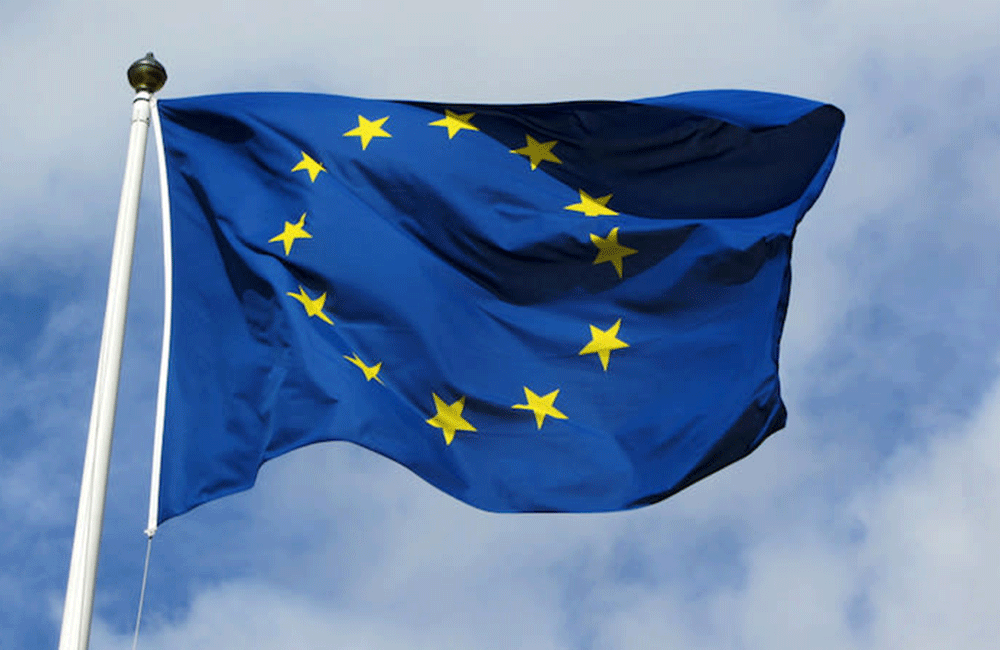The European Union has launched a Rs. 810 million project to support the modernization of Sri Lanka's agriculture sector.
The project "Support to the modernisation of the agriculture sector in Sri Lanka" will be implemented by Ecorys. The technical assistance team will assist the Government in making the agriculture sector more productive, diversified, climate-resilient, market-oriented and equitable through facilitating an agricultural sector reform process. The programme will support the development of an overarching agriculture policy where issues such as gender, climate change, nutrition and youth will be integrated. In addition, it will promote the diversification of high value agricultural production, including a focus on improved export earnings. Climate change and identification of ways in which malnutrition can be eliminated will also be an integral part of the assistance provided.
A workshop held in the context of the project with participants from Government institutions, private sector, civil society and academia focused on a coordinating mechanism for the New Agriculture Policy (NAP), the impact of decentralisation and fragmentation of the agriculture sector. The workshop concluded by agreeing on a common approach on the development of an overarching agricultural policy and its implementation strategy.
H.E. Tung-Lai Margue, the Ambassador of the European Union to Sri Lanka and the Maldives, said "This programme has been designed with the needs of the small farmers in mind. Given the large number of institutions involved in the agricultural sector in Sri Lanka, strengthening coordination and developing a joint policy are key to a successful transformation of the sector. We are pleased to partner with the Government of Sri Lanka, civil society and private sector in this regard, a partnership that will make a lasting difference in the lives of the people."
The grant, which is a part of the EU's wider programme in support of rural development in Sri Lanka, will benefit rural communities in the entire country. The programme is expected to be operational for three years (2018-2020).

Leave your comments
Login to post a comment
Post comment as a guest